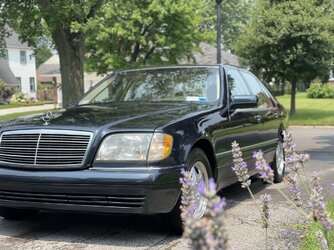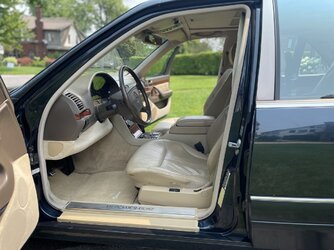dejen3303
Active Member
- Joined
- October 28, 2018
- Messages
- 58
- Reaction score
- 32
- City, State
- Bullard, Texas
- Year, Model & Trim Level
- 2018 Explorer Platinum
"The biggest issue with oil is the filter will be done before the oil is." "Most filters are done by 3500 miles then they bypass the check valve."All the talk about oil with a single mention of filter.
The biggest issue with oil is the filter will be done before the oil is. Do an oil sample to a lab like blackstone. They'll tell you if you can go longer between intervals. Most filters are done by 3500 miles then they bypass the check valve. Which means your running unfiltered oil.
Ford says that you don't have to change the oil for break in purposes. Sure if you like buying new cars often. Getting the break in oil out removes all the micro pieces of metal that wore off in the initial start up. The more it stays the more it creates.
I changed the oil out 4 times before 1500 miles. Then took it in for the 5k oil change the dealership wanted to do it at.
Some of my performance cars that I've sent oil in after they reached 10k had metal specs of and engine with 3 times the milage. For performance it makes a difference in horse power.
Ford uses their synthetic blend oil which is good for about 5k-6k milage wise.
Good luck
I'd like to see a study or a paper on that. In all of my 40 years in the business of servicing and repairing mobile equipment, the school of thought is that the majority of contaminants (aside from catastrophic failure) stay suspended in the oil. That is why we send in samples of the oil and not the filter.












